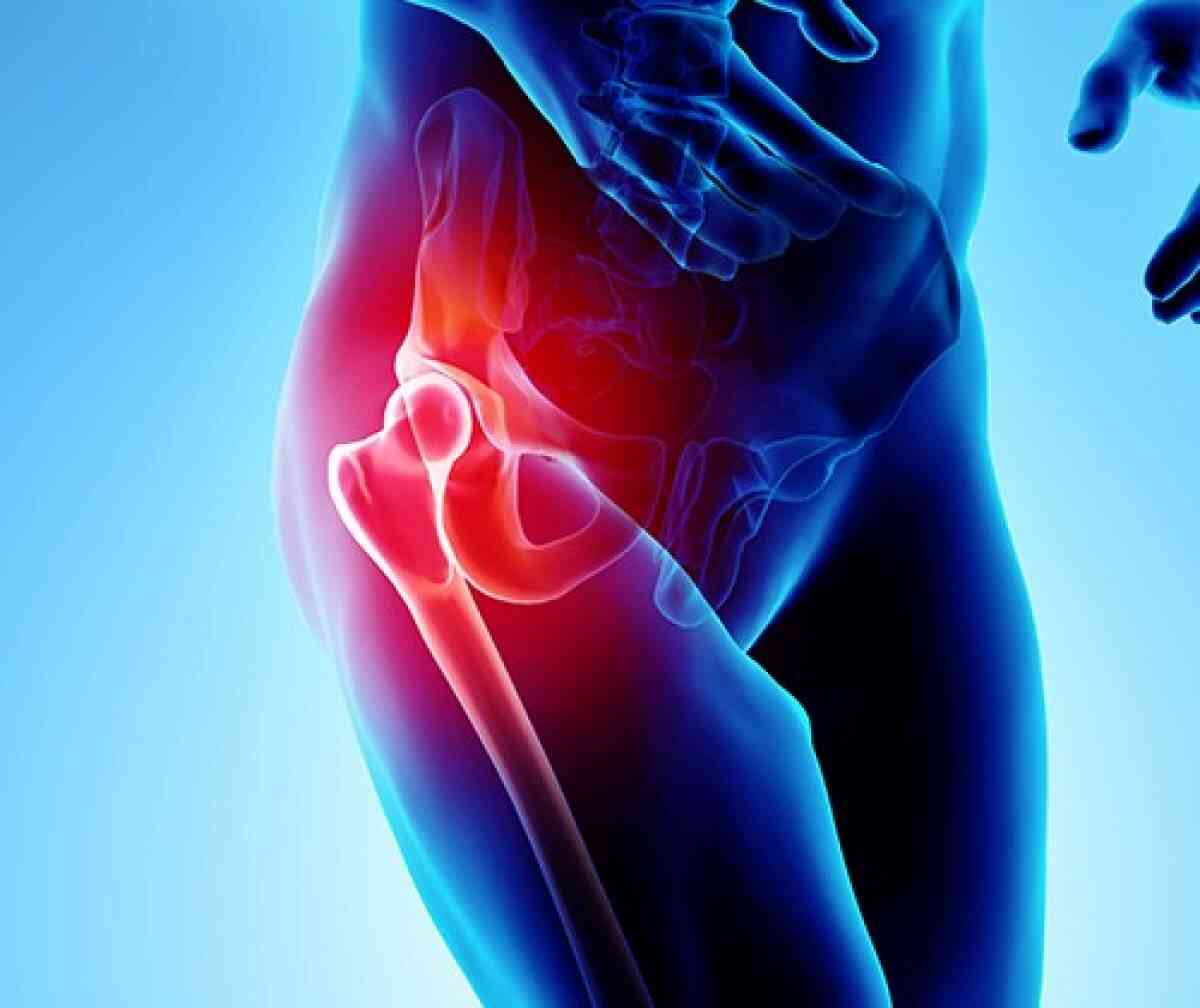5 Main Signs Of Bone Cancer In Hips
- - Category: Diseases & Conditions
- - 23 Jun, 2022
- - Views: 814
- Save

Injury, overuse, or a persistent illness like arthritis are the most prevalent causes of hip discomfort.
Injury, overuse, or a persistent illness like arthritis are the most prevalent causes of hip discomfort. The symptoms of bone cancer frequently overlap with those of these illnesses. Bone cancer in the hip, on the other hand, is a rare occurrence.
Primary bone cancer, or cancer that starts in the bone, accounts for less than 1% of all new cancer cases. Hip cancer can cause discomfort, limping, bone fractures, and hypercalcemia, a condition in which the blood contains too much calcium.
If you're concerned about hip pain and want to know how bone cancer feels, you'll be reassured to learn that most hip discomfort is not caused by cancer. Because many signs of bone cancer in the hip are caused by other disorders, it's critical that your healthcare practitioner examine your hip carefully and thoroughly. This article discusses the main symptoms of bone cancer in hips.
Pain
Twenty percent of people with bone cancer had no signs or symptoms. Bone pain is frequently the initial sign for everyone else. This pain can happen before tumors are visible on X-rays, CT scans, or magnetic resonance imaging (MRI) scans.
Pain usually starts suddenly and fluctuates in intensity depending on the stage of the disease. However, the severity of the discomfort is not always related to the tumor's type or location. The bone pain usually worsens with movement and is sometimes accompanied by a fever. The ache usually gets worse at night. Most people have dull aches that come and go at the start of the condition. The pain may grow more acute and continuous as time passes.
Breakthrough pain may occur if the tumor continues to expand. Pain that comes on suddenly is known as breakthrough pain. It can be very intense, although it usually does not linger for long. This discomfort lasts less than 15 minutes in half of all bone cancer patients.
While bone pain is the most common sign of bone cancer, and pain in the hip bone can indicate a malignancy in the hip, hip pain has many other causes. Since the hip joint is complicated and deeply buried in the body, diagnosing hip discomfort can be difficult. These characteristics make it difficult for medical professionals to determine the exact cause of hip pain.
Swelling
Another symptom of bone cancer is swelling. It usually happens after the discomfort has worsened and can happen near the tumor. It's possible to feel a lump that indicates a malignancy on occasion.
Normal bumps and bruises from playing or participating in sports are significantly more likely to produce swelling and pain in children and teenagers. Swelling is less prevalent in adults unless there is a direct injury.
Although swelling in the hip can be caused by bone cancer, it is often a sign of something else. An injury or a condition like bursitis, which is inflammation of the fluid-filled sacs around the joint, can produce swelling in the hip.
Fatigue and Fever
You may develop cancer-related fatigue if you have hip bone cancer. Between 80% and 100% of cancer patients experience acute exhaustion or a loss of energy. It can make simple actions like brushing your teeth feel as if you're running a marathon. While enough rest is essential for any sickness, it does not always bring relief from bone pain.
The exact causes of cancer-related fatigue are unknown. Researchers believe it is triggered by changes in hormone or protein levels associated to inflammation, or by toxins produced by the cancer itself. Fatigue is a side effect of some cancer treatments.
Limping
Limping can signify a tumor in the hip, just like other indicators of bone cancer. Limping, on the other hand, can be caused by an injury to the spot, such as a fracture. Limping can also be caused by rheumatic disease, arthritis, or other disorders that affect the tendons that surround the hip and the hip joint.
While a limp does not always indicate bone cancer in the hip, a limp that persists should be thoroughly examined by a healthcare expert. Limping is frequently a symptom of later-stage bone cancer if it is caused by bone cancer in the hip. This is frequently caused by a tumor-induced shattered bone or fracture.

